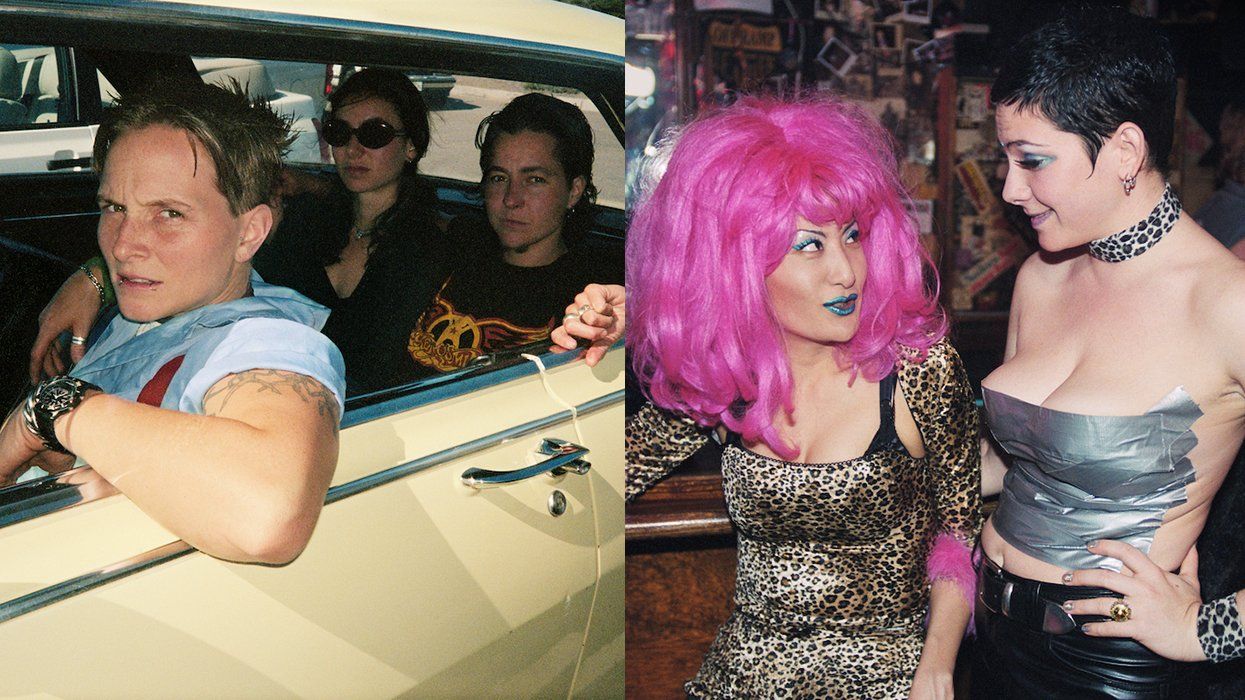The Department of Defense has reached a settlement of a class action lawsuit filed by veterans discharged under “don’t ask, don’t tell.”
Keep up with the latest in LGBTQ+ news and politics. Sign up for The Advocate's email newsletter.
The suit was brought by vets whose discharge papers say they were kicked out because of their sexual orientation. In many instances, they received less than honorable discharges, which can interfere with their benefits as well as eligibility for some jobs.
With the settlement, they will receive discharge papers that don’t mention their sexuality, and those who didn’t receive honorable discharges will be offered an upgrade review immediately, CBS News reports.
The settlement, which still requires approval from a federal judge, will affect as many as 35,000 veterans. It comes in a suit filed in 2023 in U.S. District Court for the Northern District of California.
Many of the 13,500 people discharged under DADT, which barred lesbian, gay, and bisexual military members from serving openly, have already received upgraded discharges. But a significant number still were burdened with less than honorable discharges or papers bearing discriminatory language. In addition, about 29,000 LGB service members were discharged under the ban that preceded DADT.
“This proposed settlement delivers long-overdue justice to LGBTQ+ veterans who served our country with honor but were stripped of the dignity and recognition they rightfully earned due to discriminatory discharge policies,” said Elizabeth Kristen, a senior staff attorney with Legal Aid at Work, one of the groups representing the vets, as reported by CBS News. “It marks a crucial step in addressing this deep-seated injustice and ensuring these veterans receive the acknowledgment and respect they have long been denied.”
"When I was discharged because of my sexual orientation, I felt that my country was telling me that my service was not valuable – that I was 'less than' because of who I loved," Sherrill Farrell, a Navy veteran who was a plaintiff in the case, added in the CBS story. "Today, I am once again proud to have served my country by standing up for veterans like myself, and ensuring our honor is recognized."
DADT, in effect from February 28, 1994, until September 20, 2011, meant that lesbian, gay, and bisexual people in the military couldn’t be open about their sexual orientation and that their superior officers were not supposed to ask about it. President Bill Clinton, who took office in 1993, had promised to lift the ban on LGB troops but ran into opposition in Congress, so DADT was crafted as a compromise. But LGB service members continued to be discharged under DADT. The ban on transgender troops was a separate policy. DADT was repealed under President Barack Obama.
In October, the Defense Department upgraded the discharge status for more than 800 service members who hadn't yet received honorable discharges because of DADT. But that didn't affect most of the people involved in the lawsuit.
Hayden Powell, who joined the Air Force in 1999 and left after less than a year because she was investigated for being a lesbian, told The Advocate last year that it has struck her how many people outside the military simply assumed the end of DADT meant the military would automatically erase blemishes from the records of those previously discharged. Knowing the follow-your-orders mindset of the military, it’s no shock to her she has to fight for proper treatment.
“There are so many institutions in this country that are just rooted in things like the patriarchy, toxic masculinity and discrimination, and the DOD isn’t any different,” said Powell, who was part of the lawsuit. “You’re talking about trying to overturn how many hundreds of years of thinking?”
In addition to Legal Aid at work, the plaintiffs in the suit were represented by Impact Fund and the law firm King and Spalding.















